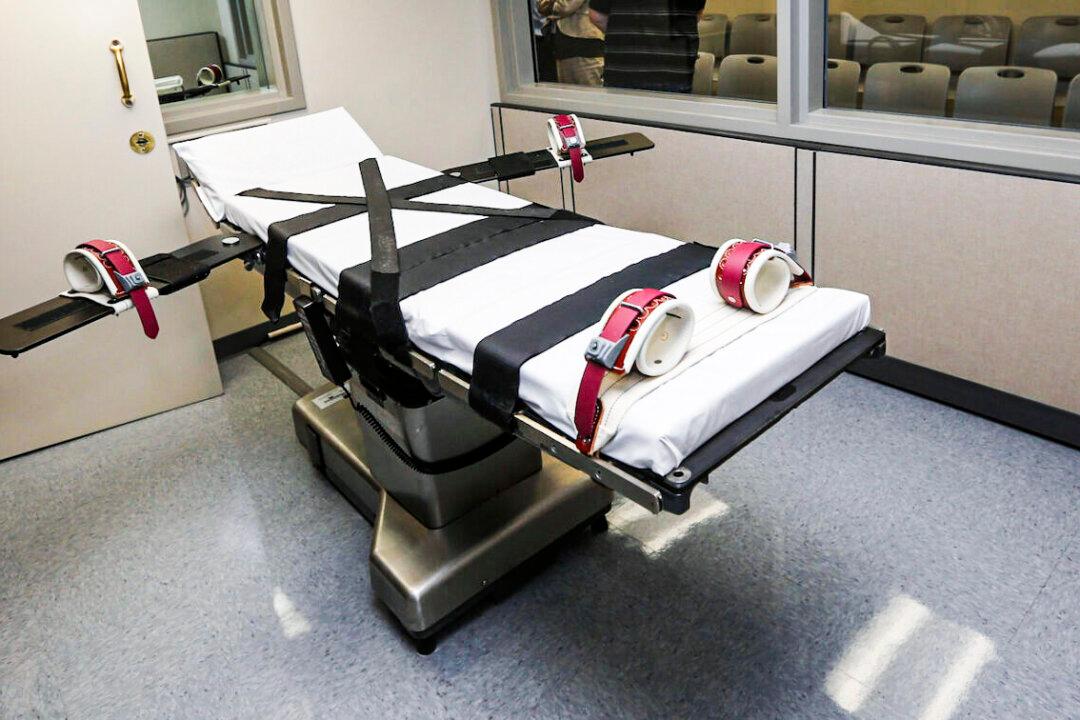The state of Oklahoma is scheduled to execute Richard Glossip on May 18 for the 1997 murder of his employer Barry Van Treese.
The Oklahoma Pardon and Parole Board denied Glossip’s application for clemency on April 26.

The state of Oklahoma is scheduled to execute Richard Glossip on May 18 for the 1997 murder of his employer Barry Van Treese.
The Oklahoma Pardon and Parole Board denied Glossip’s application for clemency on April 26.